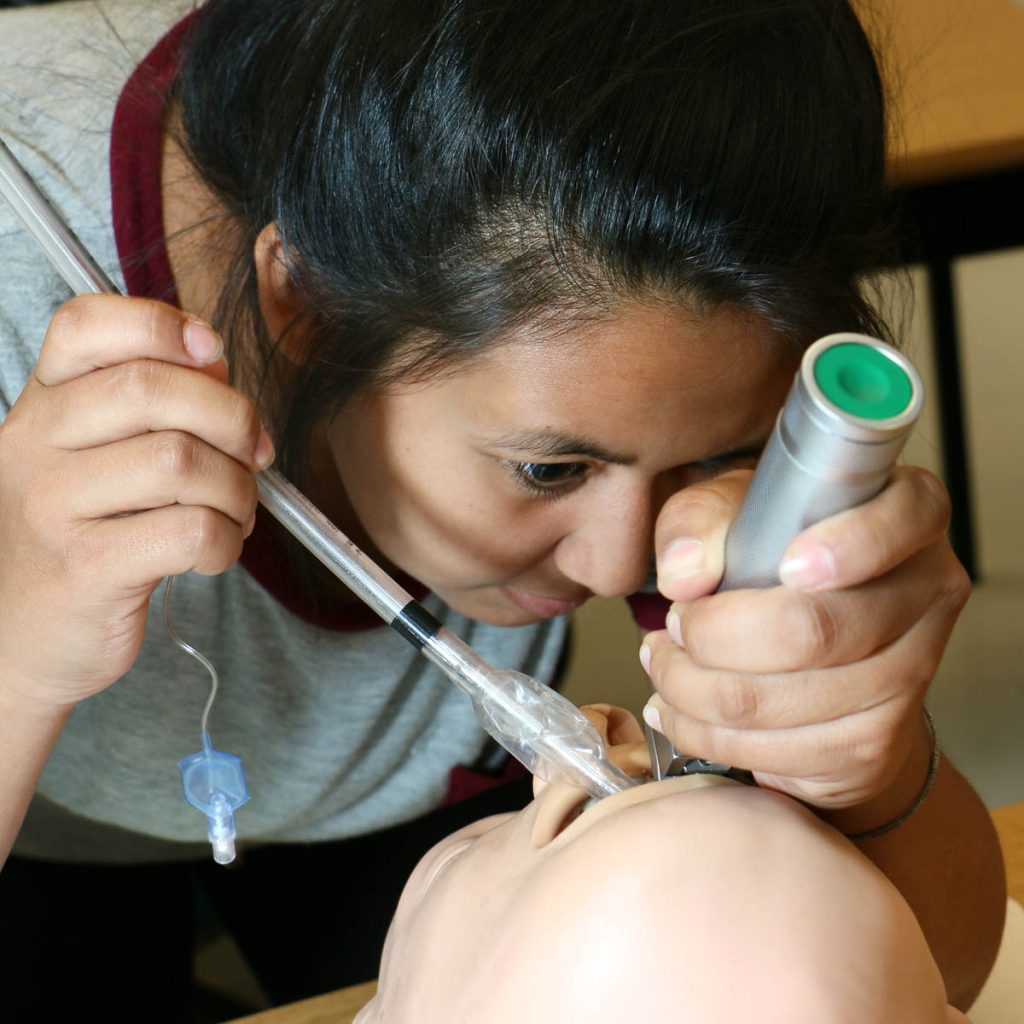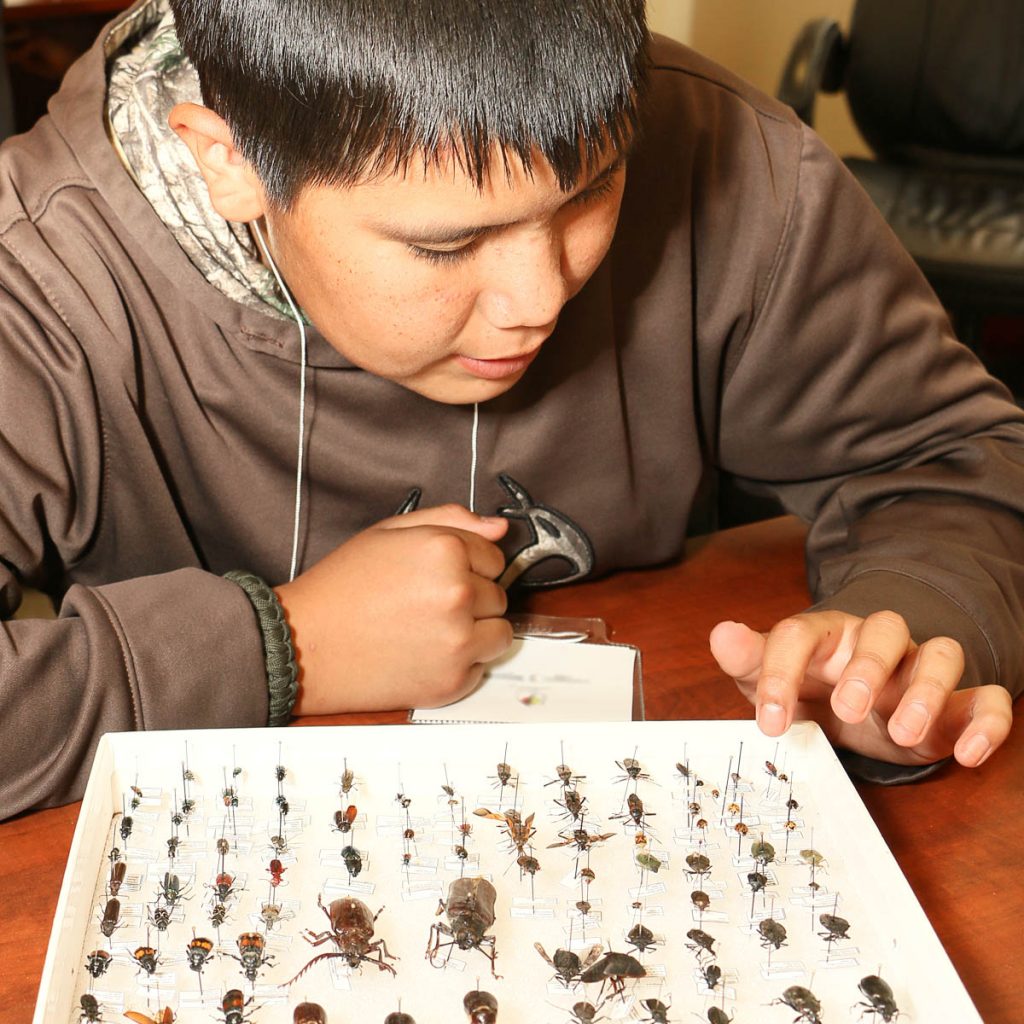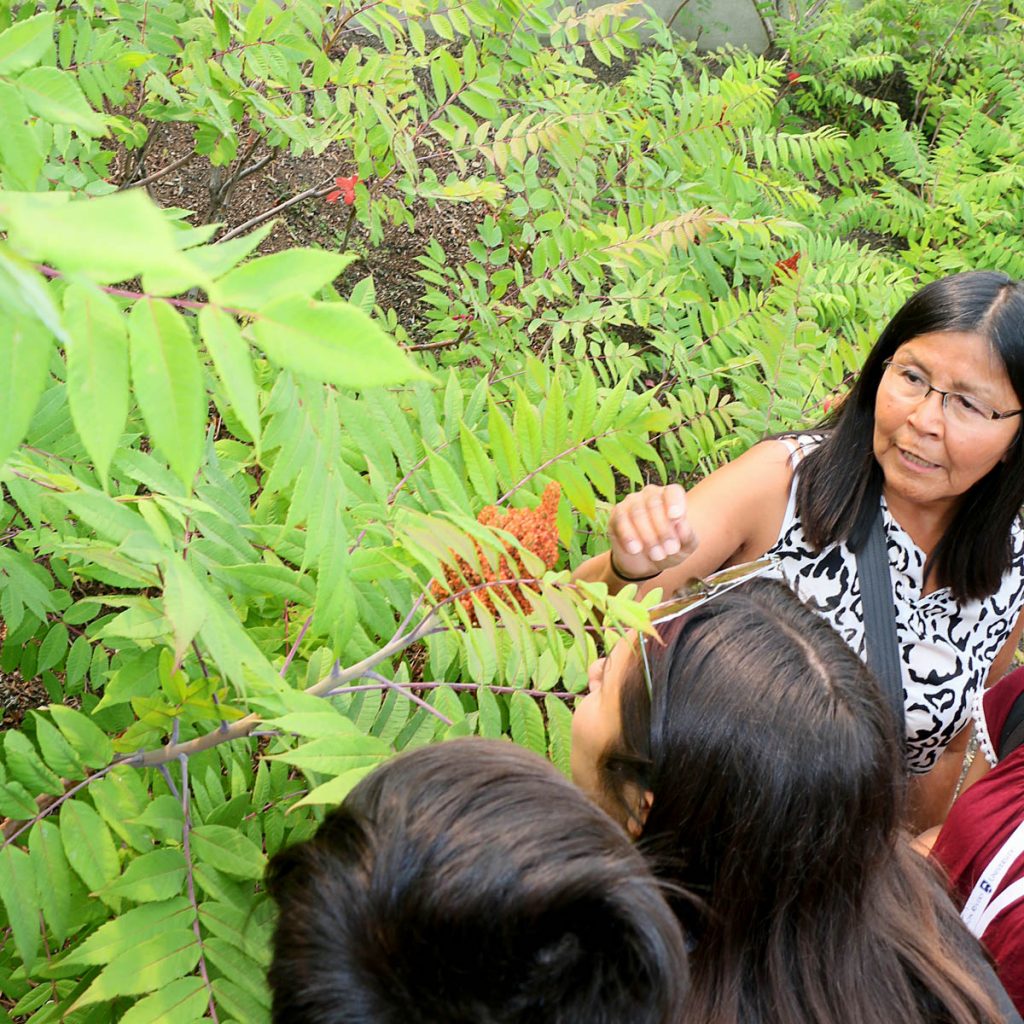 The Faculty of Science is addressing the Truth and Reconciliation Commission of Canada’s calls to action through existing initiatives and ones in the works. These actions are also part of TRU’s Coyote Project—a campus-wide effort to indigenize the university.
The Faculty of Science is addressing the Truth and Reconciliation Commission of Canada’s calls to action through existing initiatives and ones in the works. These actions are also part of TRU’s Coyote Project—a campus-wide effort to indigenize the university.
“In science, we have a motto that says we want our graduates to be knowledgeable and skilled problem solvers,” said TRU Dean of Science Tom Dickinson. “To me, that’s what the whole idea of diversity, equity and inclusivity is about. It’s the idea that the more diverse that group is, the better the perspectives are, and the more innovative the solutions.”
Attracting more Indigenous students to science
Part of TRU’s strategy is to interest students years before they’re ready for university. One effort is day trips to smaller and under-served communities in the region through TRU’s EUReKA! science program. Youngsters see that science is fun and has real-life applications by participating in demonstrations and interactive activities.
For a slightly older audience, there’s the long-running five-day summer camp for Indigenous kids in Grades 8 to 10. The camp introduces a world of opportunities in computing science, respiratory therapy, genetics, chemistry, wildlife management, nursing and more. Traditional knowledge and ways are woven throughout to provide context and meaning.
- Checking and clearing a mannequin’s airways is one of the respiratory therapy activities during the Indigenous science and health-sciences camp.
- Seeing a variety of insects up close and alongside others is one of the natural resource science activities during the Indigenous science and health-science camp.
- TRU First Nations language program co-ordinator June Kelly leads a traditional plants activity during the Indigenous science and health-sciences camp.
More Indigenous engineers
Engineers Canada wants to see more Indigenous students in engineering schools across Canada, and Dickinson said TRU will do its part.




